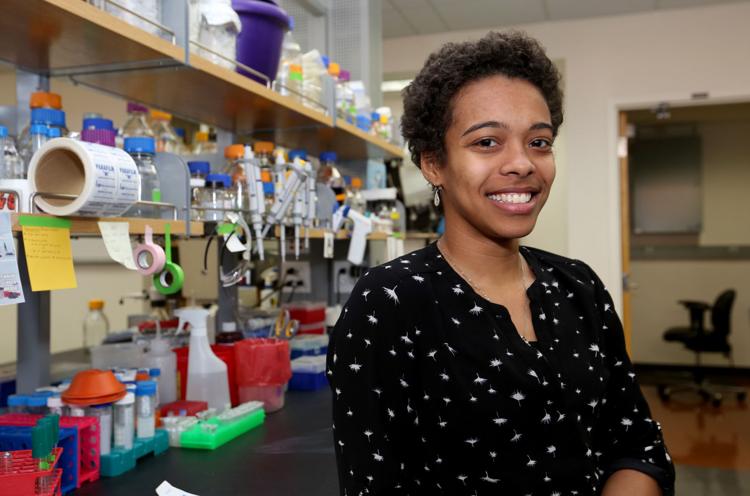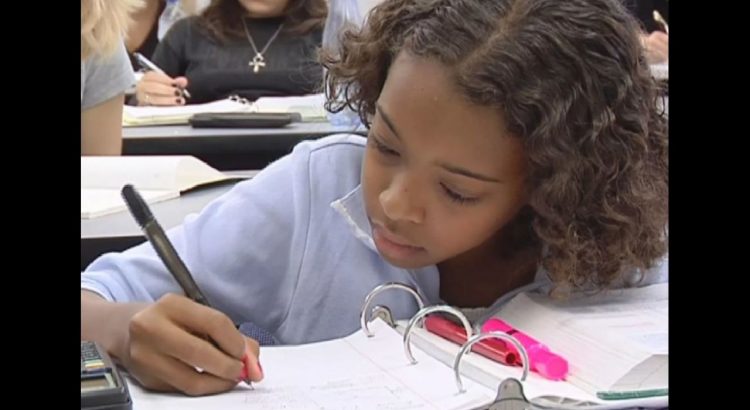Podcast: Play in new window | Download
Subscribe: Spotify | Email | TuneIn | RSS
You’ve gotten this far, which means you have probably read the episode title by now. And that means you have questions. So… many… questions….
Let’s answer a few of them right up front.
First, if you want to enter graduate school at age seventeen, you should probably start college around age eleven. That’s what this week’s guest Dr. Julia Nepper did.
Second, you should know that even though Julia’s educational biography is unusual, the lessons she learned along the way will feel familiar to every graduate student.
The Same New Story
As a child, Julia Nepper loved to read. “I would read for eight or ten hours a day, every single day,” she recalls.
Her parents decided to homeschool, which afforded her the flexibility to learn at her own pace. Her voracious appetite for books, and an intrinsic love of learning, propelled her through entire grade levels every few months.
By age eleven, she had scored highly on the SAT, and enrolled in a community college near home.
“You had to be at least sixteen to live in the dorms on campus,” she notes. “For the first two years, the college required me to have a guardian with me at all times, so my dad had to sit in the hallway outside of all of my classes.”
Julia completed her undergraduate degree in Biology. She was fifteen when she first applied to graduate school.
“I think I encountered my first big failure when I started applying to grad school, because I got rejected.”
Her age and limited research experience probably impacted the admissions decision, but that was not the end of her story. Julia learned about a post-baccalaureate research program that would give her time and training in a lab environment.
“I was going to get a year of ‘pre-grad-school’ where I would get to do research in the lab and act like a grad student, live like a grad student, bulk up my resume, learn more about whether or not I even wanted to do this… It was very exciting,” Julia explains.
Post-bac programs available to other students who want to gain a year of experience before engaging in the 4+ year commitment of graduate training. To learn more about them, check out the Postbaccalaureate Research Education Program (PREP) and Postbaccalaureate Intramural Research Training Award (Postbac IRTA/CRTA)
After a year of post-bac training, Julia was accepted to the University of Wisconsin in Madison. She was elated, and eagerly moved to a new city to start her next adventure.
But it wasn’t long until she faced an uncomfortable reality familiar to many graduate students. Though Julia had a long history of success – of good grades and academic accolades – graduate school demanded something different from the studying and testing that measured her progress in high school or college.
“What made graduate school different was just the sheer amount of failure you encounter. And a lot of times, the complete lack of direction. Failing every single day starts to wear on you after awhile,” she remembers.

In this episode, we ask Julia more about her unique experience as a teenager in graduate school. She tells us how she coped with failed experiments, how she views the non-linear path of scientific training, and how she landed a job as a Science Writer for Promega.
To see her recent work, check out the Promega Connections Blog!
Safety in Numbers
This week, we share a Louie’s Demise Amber Ale from the Milwaukee Brewing Company. It’s malty and rich, and probably goes perfectly with deep-fried cheese curds. Yum!

